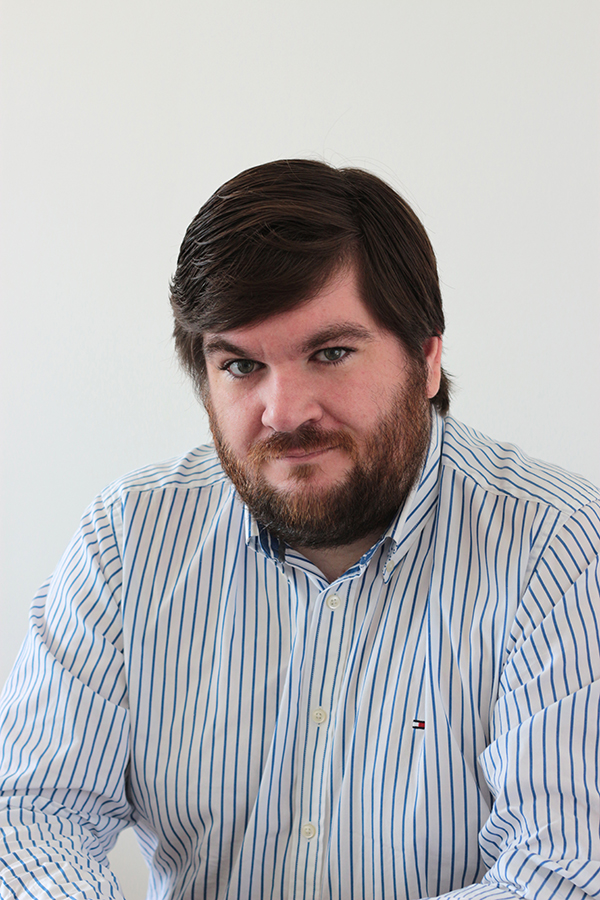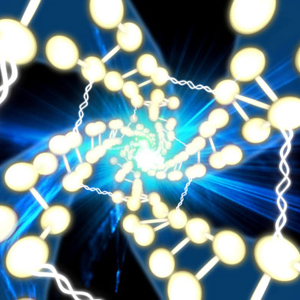Highlights
CQT's Joe Fitzsimons named one of Asia's top young innovators

Joe Fitzsimons, a Research Assistant Professor at CQT, has been recognised by MIT Technology Review for research on the use of quantum mechanics to enhance the security of networked computation.
CQT's Joe Fitzsimons has been named one of Asia's top young innovators by MIT Technology Review. Joe does research on the theory of quantum computing and is best known for being a co-inventor of "blind quantum computing". This is a protocol for a user to delegate a computation to a remote quantum computer while keeping the description of the computation hidden from the device executing it: it's cloud computing secured unconditionally by quantum physics.
"It's nice to have this recognition that the research I'm doing is interesting to people outside my community," says Joe on his inclusion in the 2016 EmTech Asia, MIT Technology Review's 'Innovators Under 35 Asia' list. He is one of ten scientists and entrepreneurs selected for the list. The honourees will present their work at the EmTech Asia conference, to be held 26-27 January 2016 in Singapore, and be considered for the global MIT Technology Review magazine '35 Innovators Under 35 List'.
Joe is glad for the opportunity to speak at the technology conference. "Quantum computing is all becoming so much closer to reality," says Joe. Companies including Google, Microsoft and Intel have projects in the field, and a company called D-Wave even claims to be selling the world's first commercial quantum computer (although research investigating exactly how that machine operates is ongoing). Joe's proposals have already been tested in proof-of-principle demonstrations.
"Joe's work on secure quantum computation is not just of theoretical interest. Recently, both his blind quantum computation and verification protocols were demonstrated experimentally using photonic systems. While these are far from providing a practical solution for day to day situations, they show that these protocols can actually be implemented in physical systems, and that they can already be used to verify simple experimental quantum processors," says CQT's Director Artur Ekert. "I congratulate him on this well-deserved award."
Joe is currently a Research Assistant Professor with CQT and an Assistant Professor at the Singapore University of Technology and Design (SUTD), where he leads his own research group. Joe moved to Singapore to join CQT in 2010. He took up the faculty position with SUTD after being awarded a National Research Foundation Fellowship in 2013.
Eight of the Asia awardees are from Singapore, and Joe is one of three affiliated with the National University of Singapore (NUS). The other two from NUS are Assistant Professor Raye Yeow Chen Hua, who works on soft robotics, and Assistant Professor Darren Chian Siau Chen, an expert in earthquake engineering.
Related Stories
 | Scheme checks answers to quantum computation October 01 2013 |
 | Quantum physics enables perfectly secure cloud computing: paper in Science January 20 2012 |
 | Congratulations to CQT's two new NRF fellows January 25 2013 |






